FRONTRUNNER Meets Creative Polymath Johnny Flynn
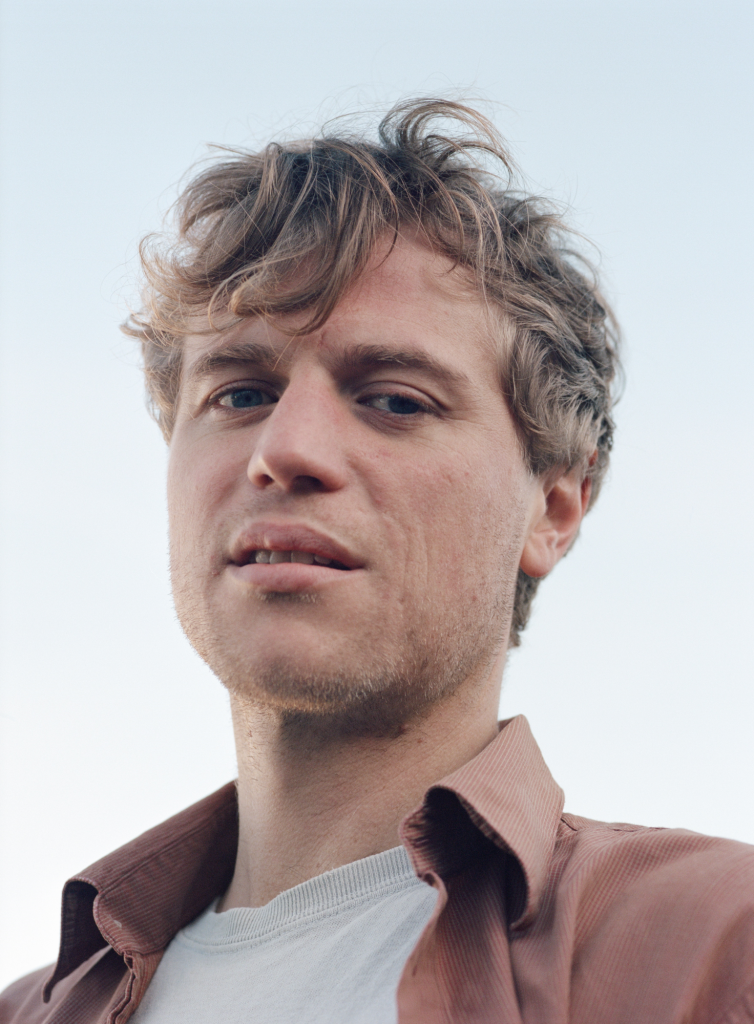
Johnny Flynn, artistic polymath and true Renaissance man, wandered the Sacred Forest and explored the oldest piece of literature – the Epic of Gilgamesh – to find inspiration for his fifth album, Lost in the Cedar Wood. The album is a spiritual collaboration and musical poetry with award-winning nature writer Robert MacFarlane as a reflection of the arrogance of humankind. Flynn cements his voice in the music industry, but also teases us with his appearances on the big screen such as the naked “Mr. Knightley” in Autumn de Wilde’s recent adaptation of Emma (2020), or in the forthcoming Holocaust drama One Life alongside Sir Anthony Hopkins. In London’s West End, he’s starring alongside Kit Harrington in Sam Shepard’s True West. We have many topics to explore, but his achievements in music, film, theatre, and writing bring us to larger-than-life questions about friendship, joy, dreams, sadness, loss, and grief.
FRONTRUNNER caught up with Flynn to embark on his and MacFarlane’s musical journey to Mesopotamia, question toxic male relationships in our society, and shed light on the necessity to stop telling unhelpful stories.

Photo credit: Hanna-Katrina Jędrosz
You seem to have mastered all the arts, from singing to playing instruments, acting, composing, and so on. Tell me more about how you came to be this artistic person.
My parents were artists. My mother is a visual artist, a ceramicist and she loves music. My father was a musician and an actor. My whole world, since I can remember was surrounded by storytelling and music. There’s no other profession in my family. Growing up I was a music scholar, which meant I wasn’t allowed to do drama, because when there were rehearsals I had to be in the orchestra. This made me want to go to drama school even more. So I did. I thought about going to university to do English, but what I wanted to do is theater. I wanted to make political theater. I was obsessed with Bertolt Brecht, but then at drama school, I was playing in bands, busking, and jamming. That was a form of rebellion for me because I always had to study classical music. I still love classical music and it has been helpful when I arrange a string section. I was interested to be more spontaneous and fluid musically, so playing in bands whilst also acting just carried on together. I was always doing both – pretty lucky I suppose. I wanted to be taken seriously in both, so for a long time, if I was acting, I wouldn’t tell anyone that I was a musician and the same in the music world. When I released my first album, I was horrified if anyone found out that I was an actor. I didn’t want anyone to think, “Oh, he’s just doing one on the back of another.” But, I don’t care anymore.
Your new album, Lost in the Cedar Wood: I love the evocative story behind it. The Epic of Gilgamesh, the earliest surviving piece of epic literature, was the foundation of the project. How did ancient poetry and Mesopotamia turn into the sounds you have created with Robert MacFarlane?
Robert [MacFarlane] introduced me to Gilgamesh. It’s a text that he knows well, being a Cambridge University professor. He teaches English and literature, so he has a profound understanding of the poetry. Fundamentally, we’re both interested in storytelling, and Gilgamesh is one of the oldest written stories. We both love it because it contains every story. It’s about ecocide and the arrogance of humankind. The centre of the story is a terrible incident where the two male characters; Gilgamesh and Enkidu chop down the Sacred Forest. When we started looking at the story in March last year, Rob sent me articles about the Pandemic being created because of deforestation, animals being moved out of their habitats, and the viruses that they carried mutating, then being picked up by humans. It contains the first known record of ecocide, which continues to be this hugely relevant topic and also it’s written in a beautifully simple form. It’s relatable and there are themes of grief, joy, sadness, friendship, love, and loss. Ultimately, Gilgamesh has to face his death, which we were surrounded by at the time.
Mortality is a prominent theme both in Gilgamesh’s story and in today’s current situation. You created the album during the darkest of days last year. Was mortality something you discussed with MacFarlane throughout your collaboration? I find the concept fascinating of humans dying, but humanity living on.
Absolutely. Last year has been a huge slap in the face, a lesson, and a reminder of our mortality. We were drawing the parallels. Gilgamesh only became a framework to talk about what we are going through now. There wasn’t the pressure to translate everything from the story into a song. We took the emotional resonance from the story and applied it to the now. We became obsessed with how in the 19th century; they were discovering the tablets of Gilgamesh in the ruins of the city of Nineveh. One particular working-class man called George Smith was sent by the British Museum who rose to become the chief assyriologist. He went out to Iraq to look for these tablets and eventually he died in a cholera epidemic in Aleppo. He had six children and didn’t want to be in Aleppo, but was stuck. Such stories reminded us of our families where some people died and people couldn’t be with them when they were dying. A feeling of separation, but Gilgamesh is not all about death and grief. There’s joy and hope as well.
New beginnings. Do you believe in them or did you ever have one?
There are many different kinds of death. As much as they are a death they are also a new beginning. A writer friend of mine says that every good story is about a character facing a kind of death and how they transcend that and give themselves a new birth and beginning. As the blossom is breaking now it’s impossible not to consider that and feel a sense of regeneration. What lessons have we learned? How do we want to be? It’s an opportunity for humanity to take stock of these things.
In “Gods and Monsters”, the first released track from the new album, there’s a line: “I thought the story had endings but the path proved hard to find”. It’s a perfect reflection of society. Do think this is something our generation struggles with probably more than our parents did, that people are obsessed with what’s at the end of the path instead of just going along with life and stop trying to control it all?
This is a problematic aspect of society. We think everything is owed to us from a commercial point of view like, you do this thing and then your life is going to be better or you take this medicine and then you’ll be healthy, you buy these shoes and then you will be happy. This is the great lie that we’ve been told for the sake of commerce and Industry. It’s a very male and egotistical idea and the same thing is reflected in Gilgamesh. Gilgamesh and Enkidu think they can chop down a forest and win eternal praise, but it’s the beginning of death and torment. It’s not the end of something it is the continuing journey of everything we are connected to. We know that nothing finishes and energy just transmutes one thing to another. That’s what the lyric is supposed to evoke. Don’t be so arrogant.
It’s the first piece of literature, and already they thought that crimes against the environment don’t go unpunished. We just don’t learn. What else can nature do so we play along instead of play against!
Exactly.
When you’re writing with a partner, how do you overcome the initial anxiety of metaphorically “getting naked” in front of each other? By this, I mean writing down your deepest thoughts that come from such an intimate space.
This is a beautiful question. We live in a time of toxic male relationships. You can’t call them friendships, instead perhaps toxic male allegiances –like the CEOs of banks and governments and men like Matt Hancock or Boris Johnson. I have always been on a campaign to have loving, nurturing, and supportive male friendships. I have a son and two daughters and I think about the relationships I want them to see. Robert and I have known each other for a long time and are not afraid to be close and share fears. It’s something that men are warned away from at an early age. There’s an archetype of not showing your weakness as if that’s a good thing. Putting those fears on the table inspired us to write words that would support each other. We weren’t able to be together often, but we wrote to each other and talked on the phone. It has been this beautiful correspondence. We were aware of what the other one was going through. So many of our stories have been reflected and that closeness and safeness have allowed for that. It’s getting naked in a way and we both felt that it was overdue to share ourselves with somebody. It helped me get through the year, and I think Rob feels the same.

Photo credit: Hanna-Katrina Jędrosz
When you choose the camera over the microphone, I can’t help but notice you lean towards warmer and kinder characters – maybe not so much in Beast (2017). Would you agree, and what’s your process when you receive scripts?
The first question I ask myself is does this story need to be told? Is there urgency? Is it a story of kindness or friendship that would benefit the world? I’m drawn to darker characters or morally compromised characters as well, such as in Beast. That’s the benefit of being an actor. You get to explore a story from inside it. I want to be an actor to learn, as much as telling the story that might be a ceremonial experience for the audience. To imagine what it is like to make these decisions as the character and to harvest compassion. Storytelling to me feels like an important ceremony for the audience and performer.
Is this the reason why you’re not drawn to Hollywood blockbusters, because you care too much? It makes me cringe when I realize that one blockbuster could cover the budget of 40 Nomadland films.
I agree. The responsibility of storytellers is to share an important message. Life is too short to tell bad stories or ones that are unhelpful.
That’s why Beast is so enjoyable. When the audience thinks they peeled off every layer of each character they realize otherwise and if you go further you notice that we are these people. It was Michael Pearce’s debut feature. I wonder: do you trust newcomers in the industry and should more experienced actors do the same?
Yes. Something is amazing about working with new voices. Somebody like Michael Pearce, or recently working with Autumn De Wilde in Emma (2020), which was her first feature, the energy is different. There is a level of care that somebody puts into his or her first film. You meet many people who struggle to have their first feature made after 10-15 years of trying. There should be various checks and balances but also the UK government and how the money is spent is often not supporting the grassroots of things. Although none of the major features that the British government is so proud of, happen without developing the artists or by allowing the interesting stories to be nurtured rather than something that is a short fire.
Within your love triangle of music, film, and theatre, what’s on your plate next?
We just shot a film that was such a joy called The Outfit with Mark Rylance, Simon Russell Beale, Dylan O’Brien, and Zoey Deutch. It’s Graham Moore’s first film, who wrote the Academy Award-winning script for The Imitation Game. It was shot on a stage as a play like an old Hitchcock film. Last year we also made The Score, a film with Will Poulter, Lydia Wilson, and Naomi Ackie that I wrote the music for. It’s a musical but based around old songs of mine and I was a producer on it, so I’ve learned how to develop. The album with Rob, which I am very excited about!

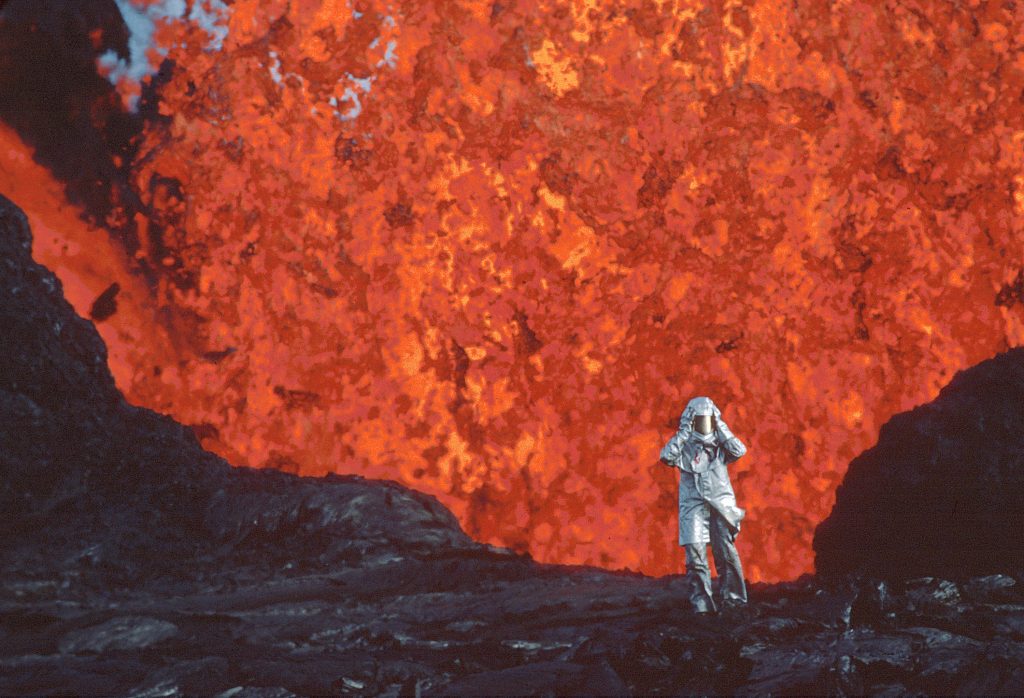
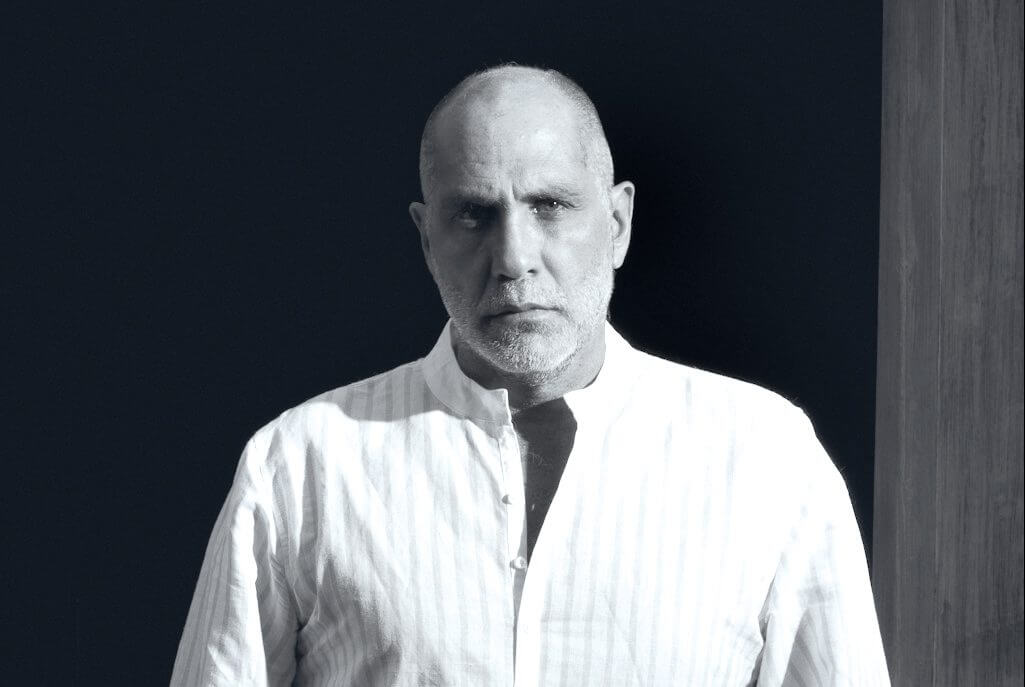
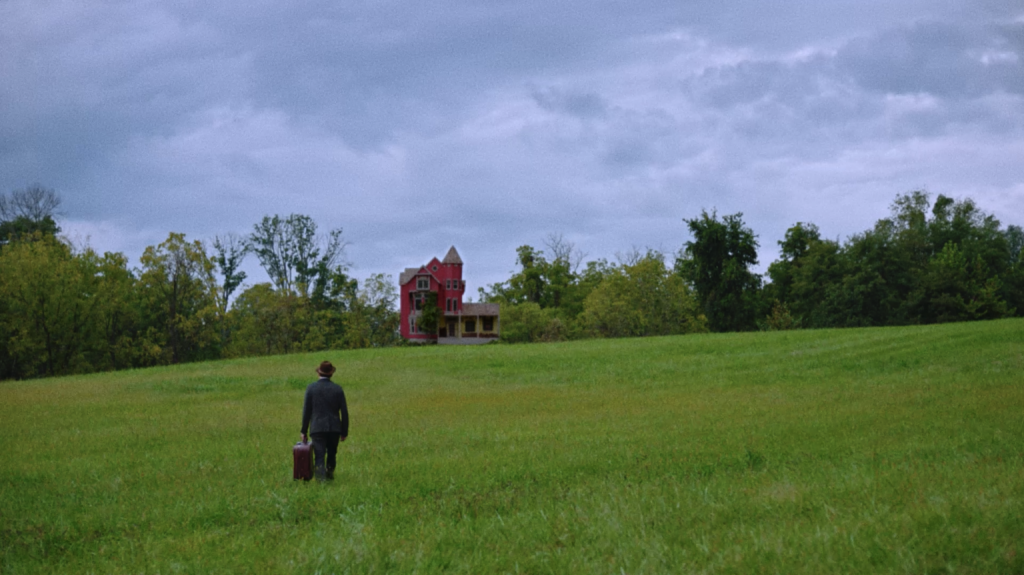


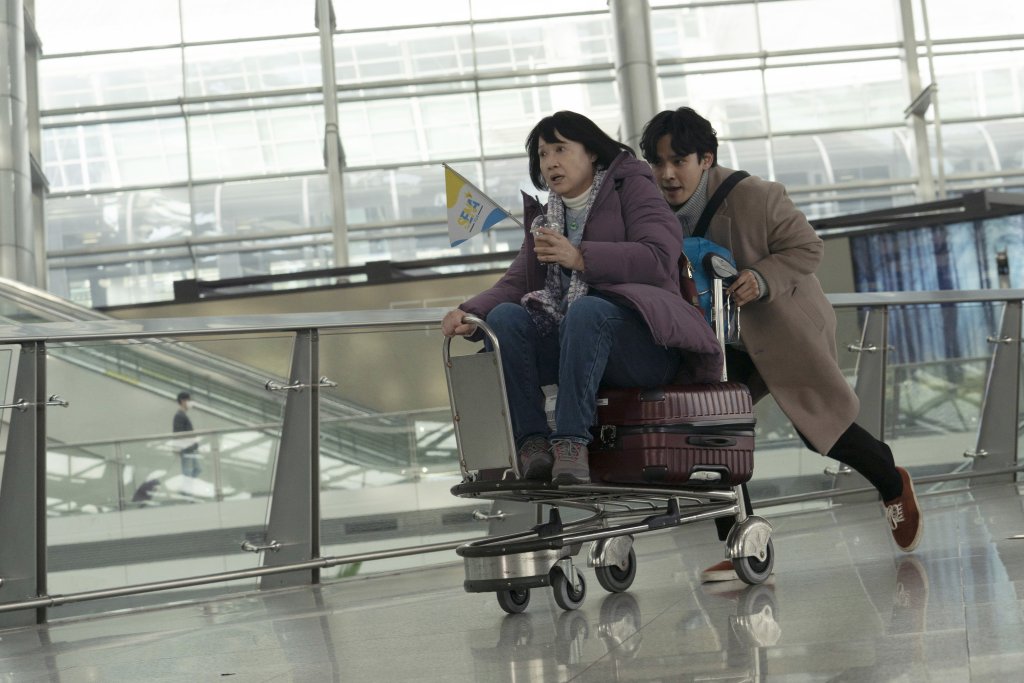
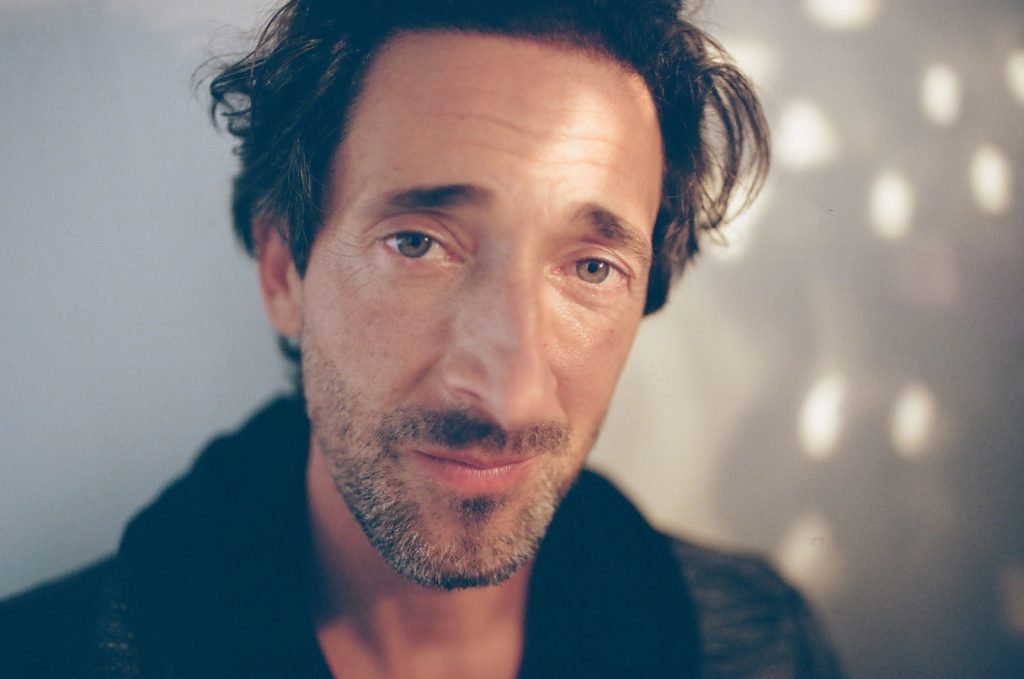
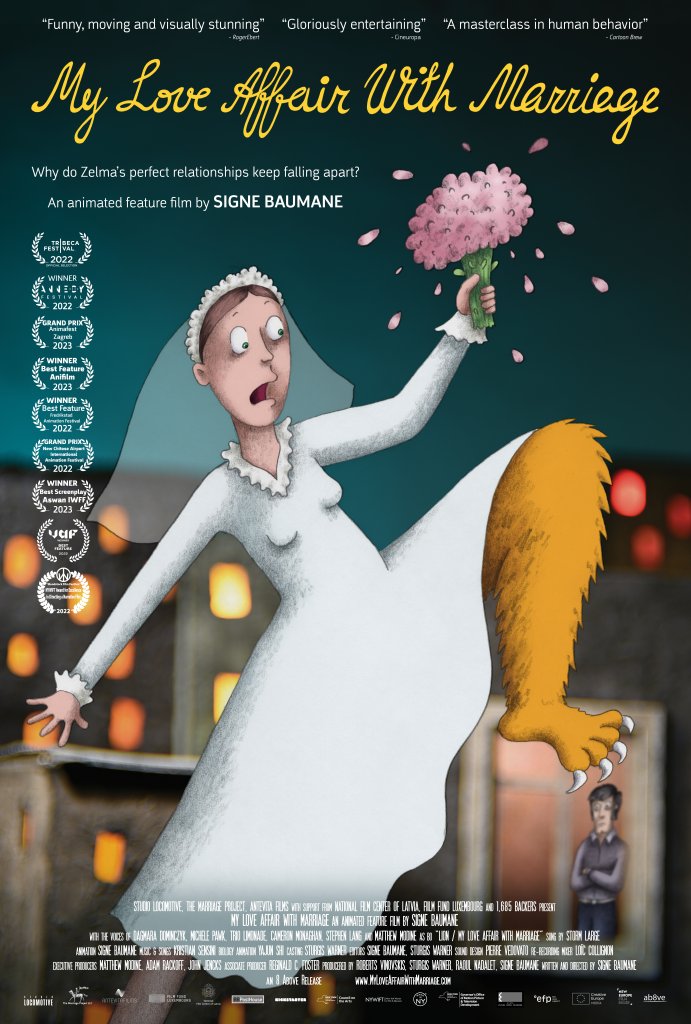
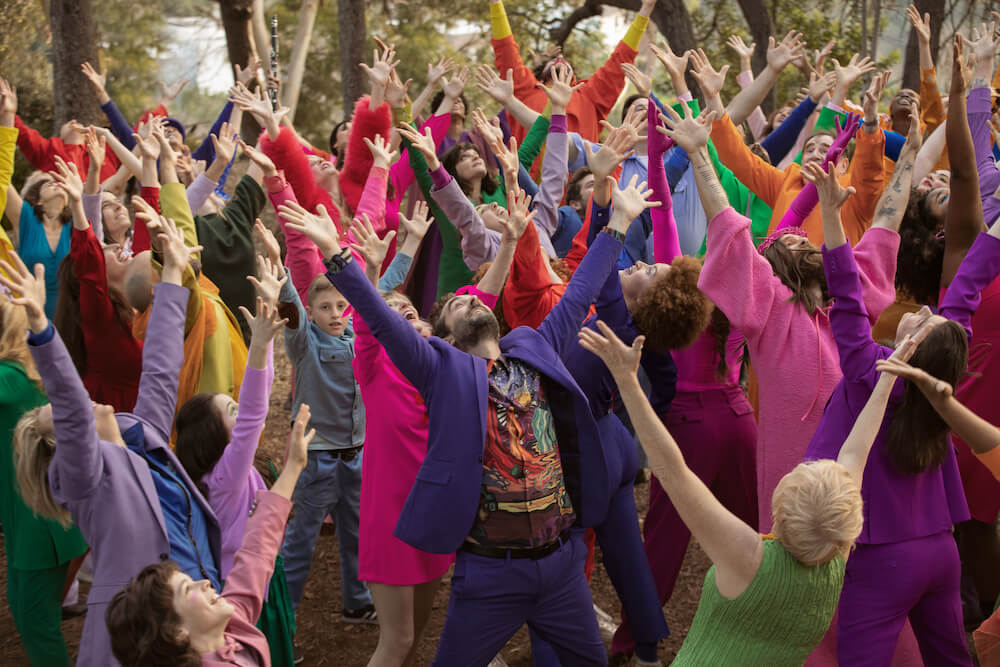
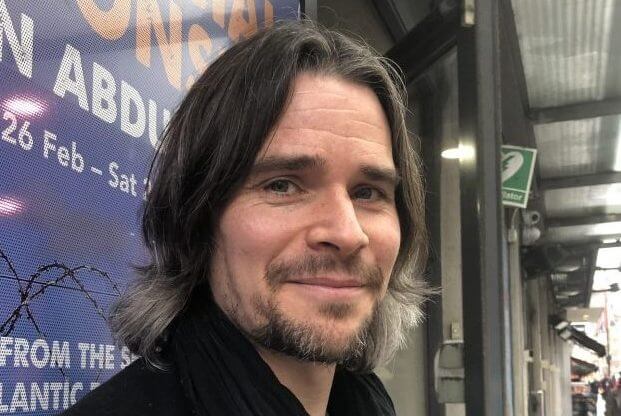
Responses